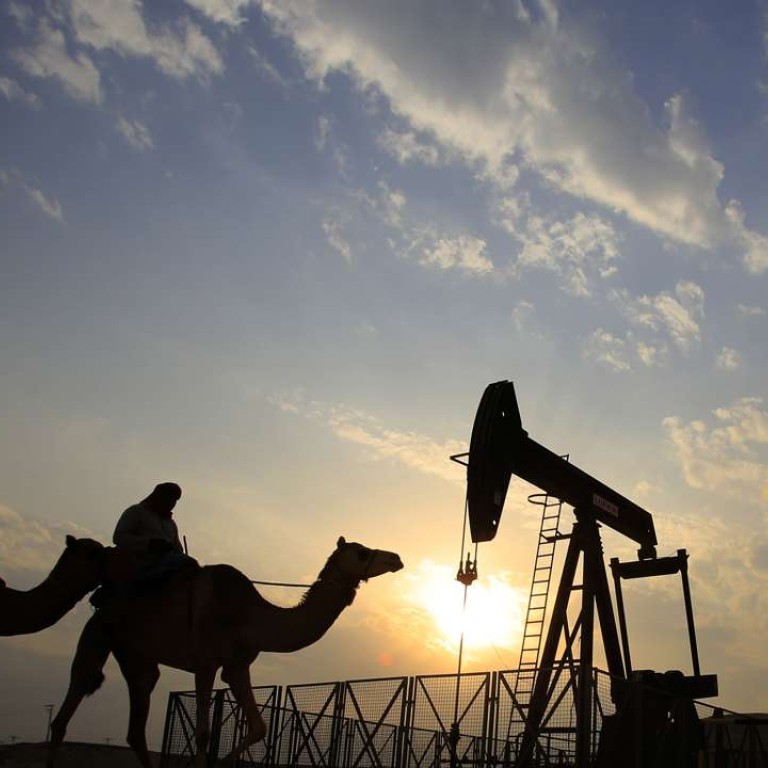
New | US energy envoy: OPEC production deal will not work
The top US energy diplomat said he has little faith an OPEC deal would raise world crude prices for long because America’s drilling revolution and global efficiency gains mean energy markets are resilient to producer cuts.
The Organization of Petroleum Exporting Countries agreed on Wednesday to a modest oil output cut of 700,000 barrels per day, in an effort to boost prices that have plummeted from above US$100 a barrel in 2014 to under $50 a barrel on Thursday.
Details are to be worked out in a November meeting, but there has been some scepticism that the cuts will come to fruition given the growth in US oil drilling.
“I don’t think it’s going to work,” Amos Hochstein, the State Department’s energy envoy, said in an interview on Thursday. Over time, the resulting higher prices will trigger a significant boost in US production, causing prices to fall due to a supply glut, or a gain in market share for US producers.
“Either would be self-defeating for OPEC,” Hochstein said.

After OPEC was formed in 1960, the group’s deals to cut oil production raised prices for months or years at a time.
But after oil prices spiked to nearly US$150 a barrel in 2008, fracking and directional drilling took off in the United States, eventually boosting its production by 4 million barrels per day, and making it the world’s largest producer of petroleum and other products.
When oil prices plummeted in 2014, analysts expected US oil output to crater. But it has held on, only falling about 1 million bpd as drillers cut costs.
US shale, which is drilled by thousands of oil drillers, has put a virtual ceiling on global oil prices. Still, OPEC, which represents about 60 per cent of the world’s oil exports, still retains the ability to keep prices from falling too far.
Brent oil prices spiked 6 per cent on Wednesday after the OPEC deal. They were up more than 1 per cent on Thursday to $49.25 a barrel.
Hochstein said such OPEC-led oil price gyrations can be dangerous for at least six oil-producing countries whose economies, services, and social safety nets are built around oil revenues.
He did not name any specific countries, but Venezuela, Angola and Gabon are all examples of oil producers that do not have large sovereign wealth funds to protect against low oil prices. Even top producer Saudi Arabia has had some difficulty due to a stagnating economy that has produced a second year of budget deficits.
In addition, new fossil fuel producers are trying to enter global markets, such as Israel and Cyprus, “that are not part of the old club and don’t play by the old rules and don’t want to be told by anybody how much to produce and when.”
Fragile OPEC members Nigeria, Libya and Iran have pressured against production quotas in the new deal, and Hochstein said they should be allowed to produce as much as they can.

